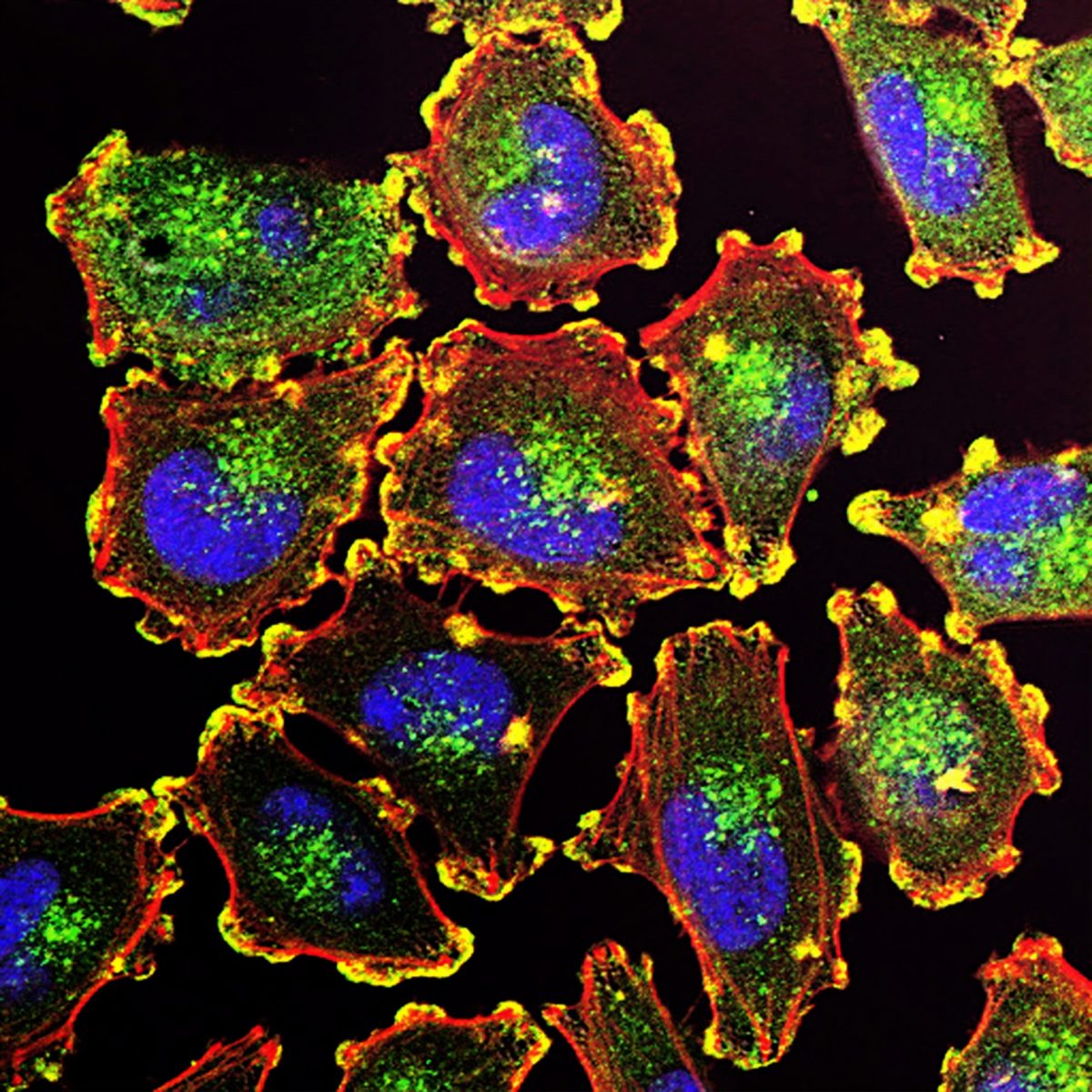Comparison of benefit assessments of CDK 4/6 inhibitors
CDK 4/6 inhibitors represent a relatively new group of agents for the treatment of metastatic breast cancer. The first representative of this group entered the market in November 2016. Subsequently, two additional CDK 4/6 inhibitors, ribociclib and abemaciclib, were approved. In the meantime, all representatives of the new class of active ingredients have been subjected to a benefit assessment. As a result, no additional benefit was recognized for any of the preparations. At the same time, it can be seen that very different standards were applied in the assessment.
Based on the most recent benefit assessment, a comparative presentation of the procedures was carried out.
Results
It became apparent that IQWiG proceeded in a strikingly different manner when evaluating the individual active substances. The G-BA also shows inconsistencies in its assessments. For example, biases that may complicate the interpretation of a study result are assessed in strikingly different ways. While a clear effect in overall survival is negated due to conceivable biases, increased adverse events are taken into account in the assessment despite considerable concerns regarding the significance.
Critical evaluation of surrogate parameters also seems to focus on endpoints that might demonstrate the benefit of an agent. In the case of adverse events, no discussion of this topic is discernible. A significant line of argumentation by the G-BA in the balancing of benefits of CDK 4/6 inhibitors with increased adverse events relies heavily on asymptomatic neutropenia – an endpoint of at least questionable patient relevance.


